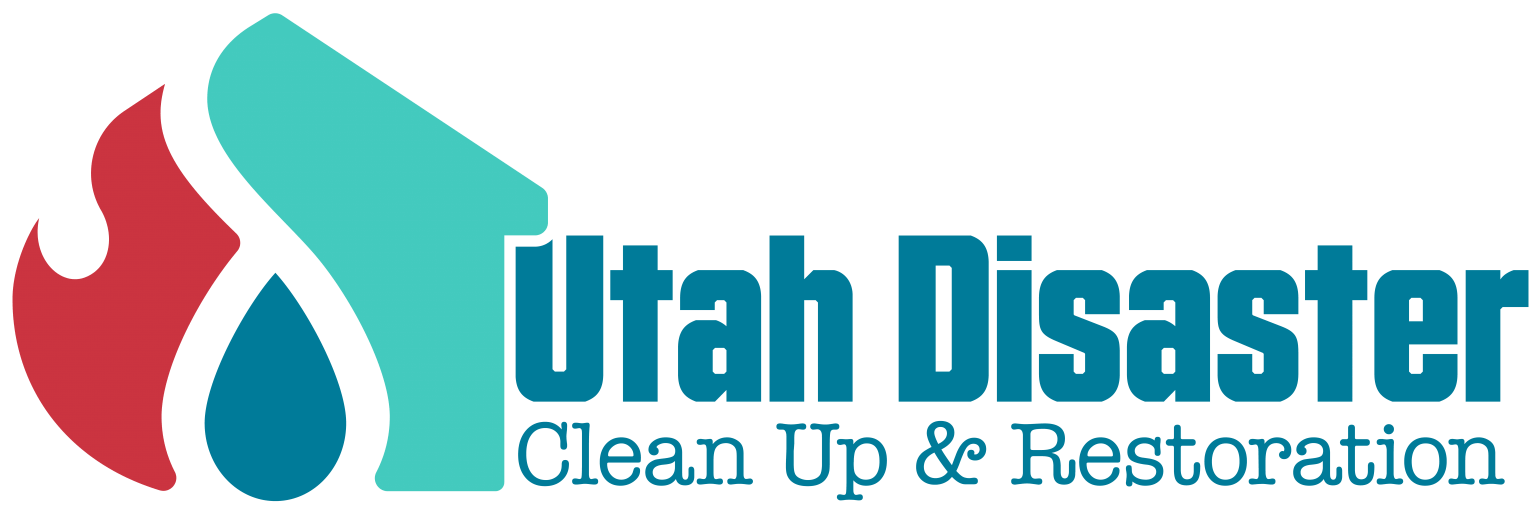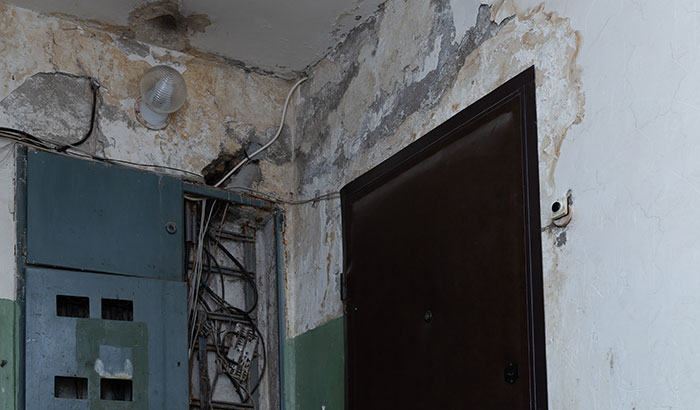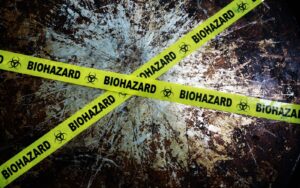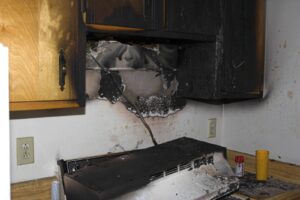We rarely consider how dangerous water and electricity can be when they interact, but it’s crucial to understand the connection between the two. Water and electricity are a dangerous mix because water can conduct electricity and cause electrical shock or electrocution.
In today’s blog, we’re discussing the risks associated with water damage and electricity. We’ll also show you how to prevent and mitigate these dangers so you can protect yourself, your family, and your home from water damage and electrical shock. So, without further ado, let’s dive in.
What Is Water Damage?
Water damage occurs when water makes its way into your home and causes physical damage or destruction. Floods, leaks, overflowing sinks or bathtubs, broken pipes, and heavy rainfall cause water damage. Water damage can result in mold growth, weaken structural integrity, and ruin personal belongings.
It’s a serious problem that must be addressed immediately to prevent further damage to your home and belongings.
Understanding How Water Damage and Electricity Are Connected
Water conducts electricity, meaning that any water coming in contact with electricity can cause serious hazards. This is especially true during a flood since electrical systems can become submerged in water and significantly threaten your safety.
Even small amounts of water can cause damage to electrical systems, potentially leading to short circuits, electrical fires, or even electrocution.
The Dangers of Water and Electricity
What Is Electrical Shock?
Electrical shock occurs when electricity passes through the body, disrupting normal electrical signals and causing physical injury. The amount of current passing through your body, how long the shock lasted, and the path taken through the body determine how severe an electrical shock is.
How Electrical Shock Affects the Body
When electricity passes through the body, it disrupts standard electrical signals and causes physical injury. Electrical shock affects the body in several ways, damaging cells and tissues, interfering with the heart’s normal electrical signals, and causing muscle contractions.
What Is Electrocution?
Electrocution is a term that describes a fatal electrical injury caused by electrical shock. It occurs when a person comes into direct contact with a source of electrical energy, such as a live wire or electrical outlet. The electrical current passing through the body disrupts normal heart and respiratory functions, leading to death.
Causes of Water Damage and Electricity
Now that you understand the dangers of electricity let’s look at the most common causes of water damage and electricity.
Flooding
Heavy rainfall, overflowing streams, and flash floods are the most common causes of floods, which can cause significant damage to buildings and electrical systems. In addition to the direct damage caused by the water, flooding can also lead to mold growth and weaken the structural integrity of buildings.
Plumbing Leaks
Plumbing leaks are most likely to occur in pipes, faucets, toilets, and other plumbing fixtures. This water can damage your home’s structure and your personal belongings. It can also pose a serious electrical hazard if it comes into contact with electrical systems or outlets. Worn or damaged pipes, loose fittings, or high water pressure cause plumbing leaks.
Storms
Strong winds, heavy rainfall, and lightning can easily lead to damaged electrical systems that don’t work correctly and can injure those who come into contact with them.
Heavy rainfall can cause flash flooding, overwhelm drainage systems, and lead to water damage in homes and buildings. Lightning strikes can also cause electrical damage, particularly if they directly hit electrical systems or appliances.
Appliance Malfunctions
Appliance malfunctions can also cause water damage and electricity. For example, a washing machine or dishwasher may overflow or leak. Refrigerators and other appliances that use water can also develop leaks or malfunction.
Appliances that use electricity, such as stoves or air conditioners, can create electrical problems that can cause electrical shock or electrical fires. It is essential to regularly inspect and maintain appliances to prevent malfunctions and reduce the risk of water damage and electrical hazards in the home.
Prevention and Safety Measures
Preventing Water Damage
Paying attention to potential sources of water damage, including pipes, appliances, and other fixtures, can identify and prevent leaks.
It’s a good idea to install backup systems like sump pumps or battery-operated backup systems to protect against power outages and pump failures. Other preventative measures include having proper gutters, downspouts, and grading maintenance.
Taking Care of Water Damage
It’s important to quickly take care of water damage to mitigate it and prevent further problems.
First, stop the source of the water and remove any standing water. Next, assess the damage and determine what materials are salvageable versus what needs to be replaced. Finally, dry out the area to prevent mold and bacteria growth and to restore electrical and plumbing systems that were affected by the water damage.
Safety Measures During a Flood or Storm
During a flood or storm, it is important to take safety measures to protect yourself and your property. Evacuate if you need to, and when you do, don’t walk or drive through floodwaters. Even if the water is shallow, it can be dangerous and contain hidden hazards. Stay far away from fallen power lines and electrical wires. Don’t touch electrical equipment if it’s wet or if you’re standing in water.
Be very careful if you need to turn off your electricity. It might be best to have a professional turn it off for you. If you use a generator, only turn it on in well-ventilated areas. Don’t run it indoors or in a garage.
Call Utah Disaster Clean Up Today
Unfortunately, it’s impossible to foresee every circumstance where water and electricity might interact. If your home is damaged, call Utah Disaster Clean Up today. Our experts will remediate the damage in your home and have you back to normal in no time. Call us at 435.512.1584, or contact us through our website. Let Utah Disaster Clean Up restore your home today.



